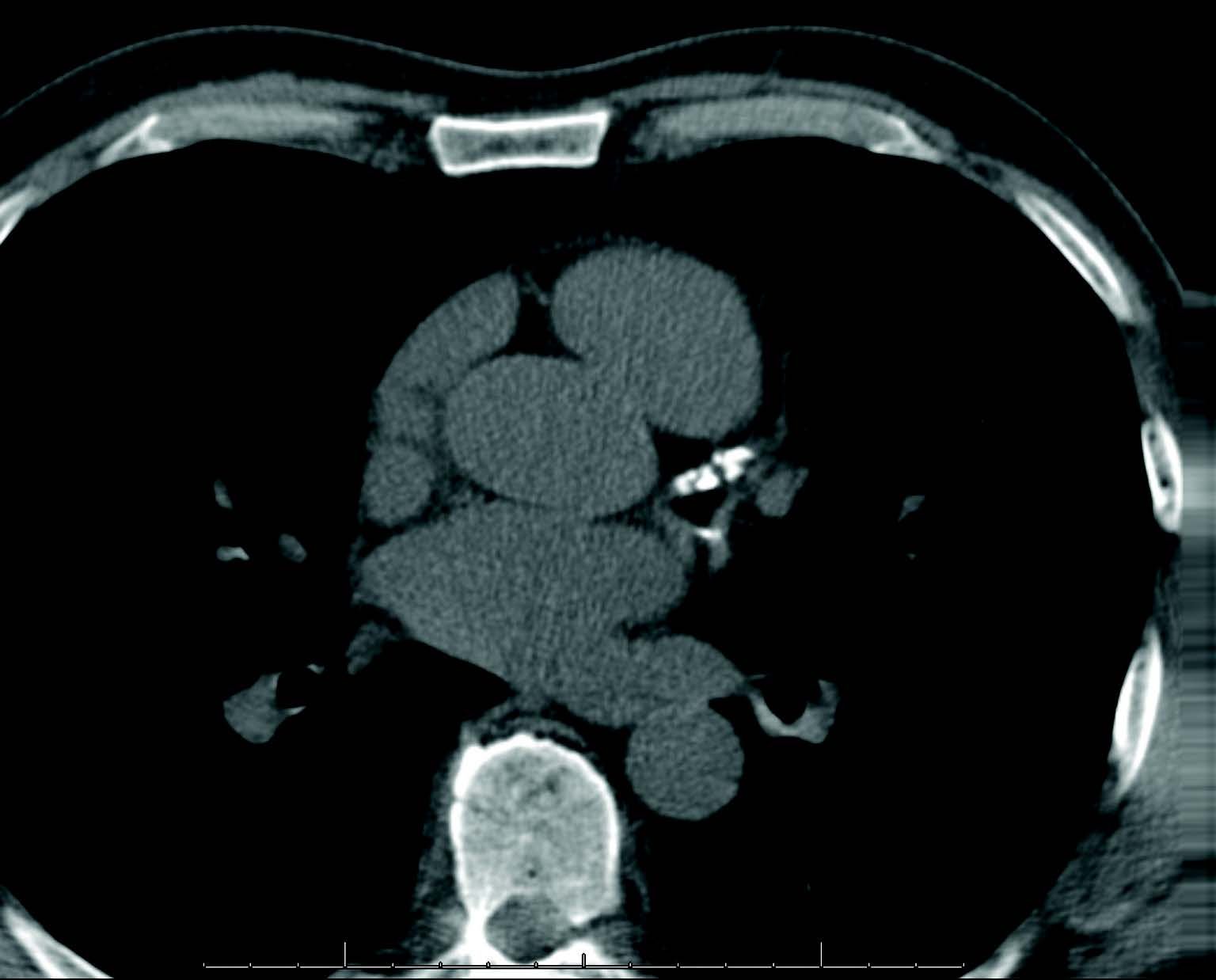Heart Health at Witham
Heart disease is common and very treatable!

A heart score is one of the most advanced methods available to detect heart disease in its earliest stages. The results of your exam represent peace of mind, since early detection is key to prevention. Considering over half the people who died suddenly of heart disease had no symptoms, what you know today can help save your life.
What is a Heart Score CT Scan?
Calcification in the coronary arteries is the earliest indicator of heart disease. A heart score uses noninvasive, high-speed computerized tomography (CT) to scan your heart and detect calcium deposits along the walls of the arteries. The test then produces a calcium score that identifies your level of deposits. Taking into account other factors such as age, family history and cholesterol levels, your doctor uses that score to measure your potential for heart disease. Your heart score exam produces a score that identifies your level of deposits. Additional factors such as age, family history, and cholesterol level, enable your doctor to measure your potential for heart disease.
Our Heart CT Score is a quick and painless, noninvasive scan that can detect heart disease at its earliest and most treatable stages.
Call 765-485-8080 to schedule your Heart Score CT Scan.
What should I expect during the Heart Score CT Scan?
- You will be lying comfortably on the exam table for about five minutes, though the scan only takes seconds.
- There’s no need to change your clothes, but all jewelry and metal items must be removed.
- Electrocardiogram leads will be placed on your chest to synchronize the scan with your heartbeats.
- You will be asked to hold your breath for a few seconds during the scanning.
- There is no special preparation for the exam, no fasting, no injections, no ceasing of medications.
- We recommend NOT to have any caffeine or stimulants for 2 hours prior to the exam.
- Should your score indicate a risk for heart disease; your doctor can recommend further testing or drug therapies to help slow the progression of the disease.

What is heart disease?
Heart Disease is the common name for coronary artery disease (CAD). This condition is the result of a progressive hardening of the arteries, a process in which arteries become clogged and prevent oxygen-rich blood from reaching the heart. Over time, deposits of cholesterol and other substances build up along vessel walls and become calcified. Blood flow slows until a blood clot forms, completely sealing off the passage of blood to the heart. At that point a heart attack occurs.
How do I know if I am at risk for heart disease?
These risk factors may increase your risk for heart disease and, ultimately, a heart attack. If two or more of the following apply to you, then you may be at risk for heart disease. A heart score may be a good next step to assess your risk more completely.
- You are male and over 45 years old.
- You are female and over 55 years old, or you have passed menopause or had your ovaries removed and are not taking estrogen.
- Your father or brother had a heart attack before age 55 or your mother or sister had one before the age of 65.
- You smoke or you live/work with someone who smokes daily.
- You have a cholesterol level of 240 mg/dl or higher.
- You have been told your blood pressure is high.
- You do not exercise on a regular basis for at least 30 minutes.
- You are 20 pounds or more overweight.
- You have diabetes or you need medicine to control your blood sugar.
Heart Score CT Scans are performed at our main hospital campus in Lebanon, and at our medical center in Whitestown at Anson. Call 765-485-8080 to schedule your scan today. |